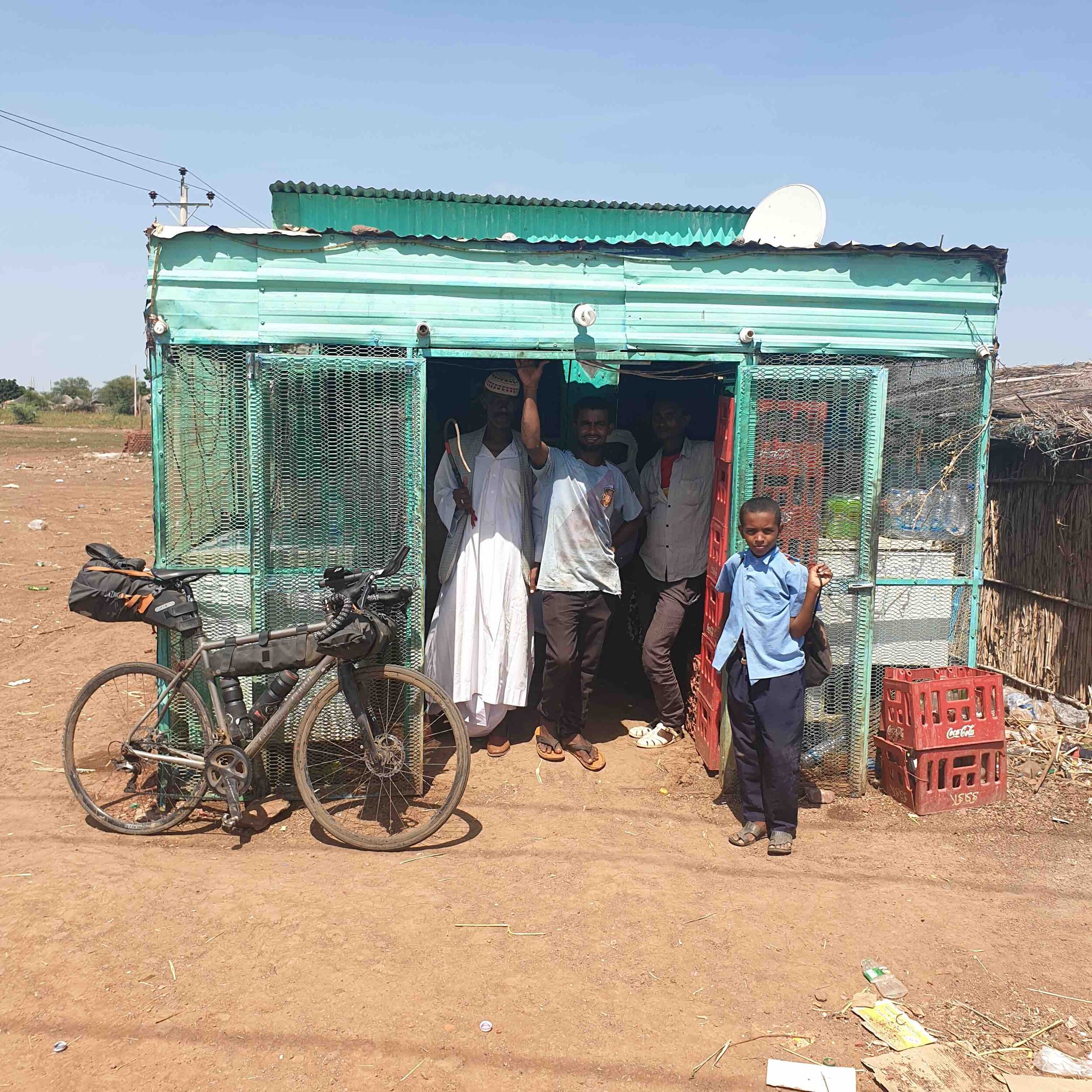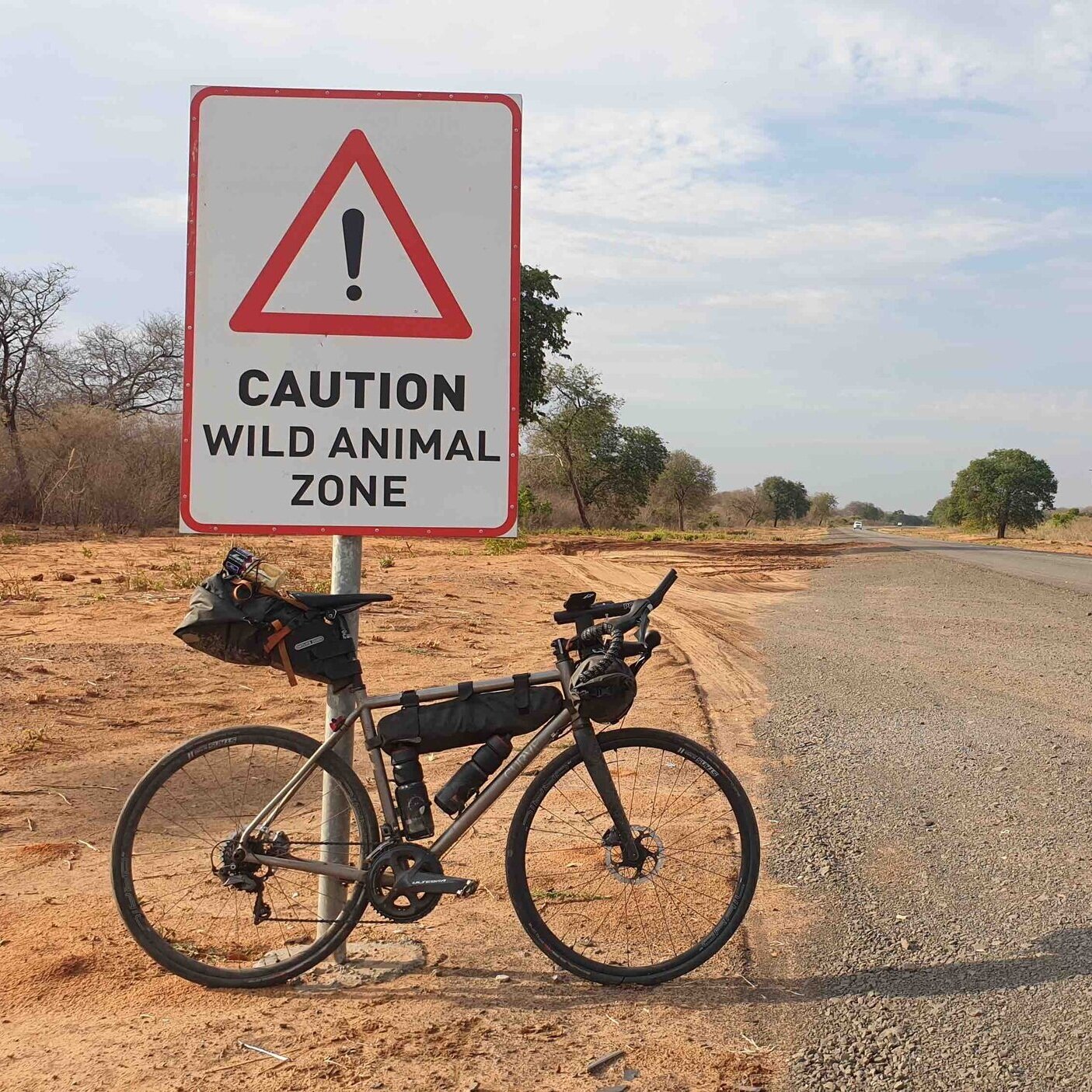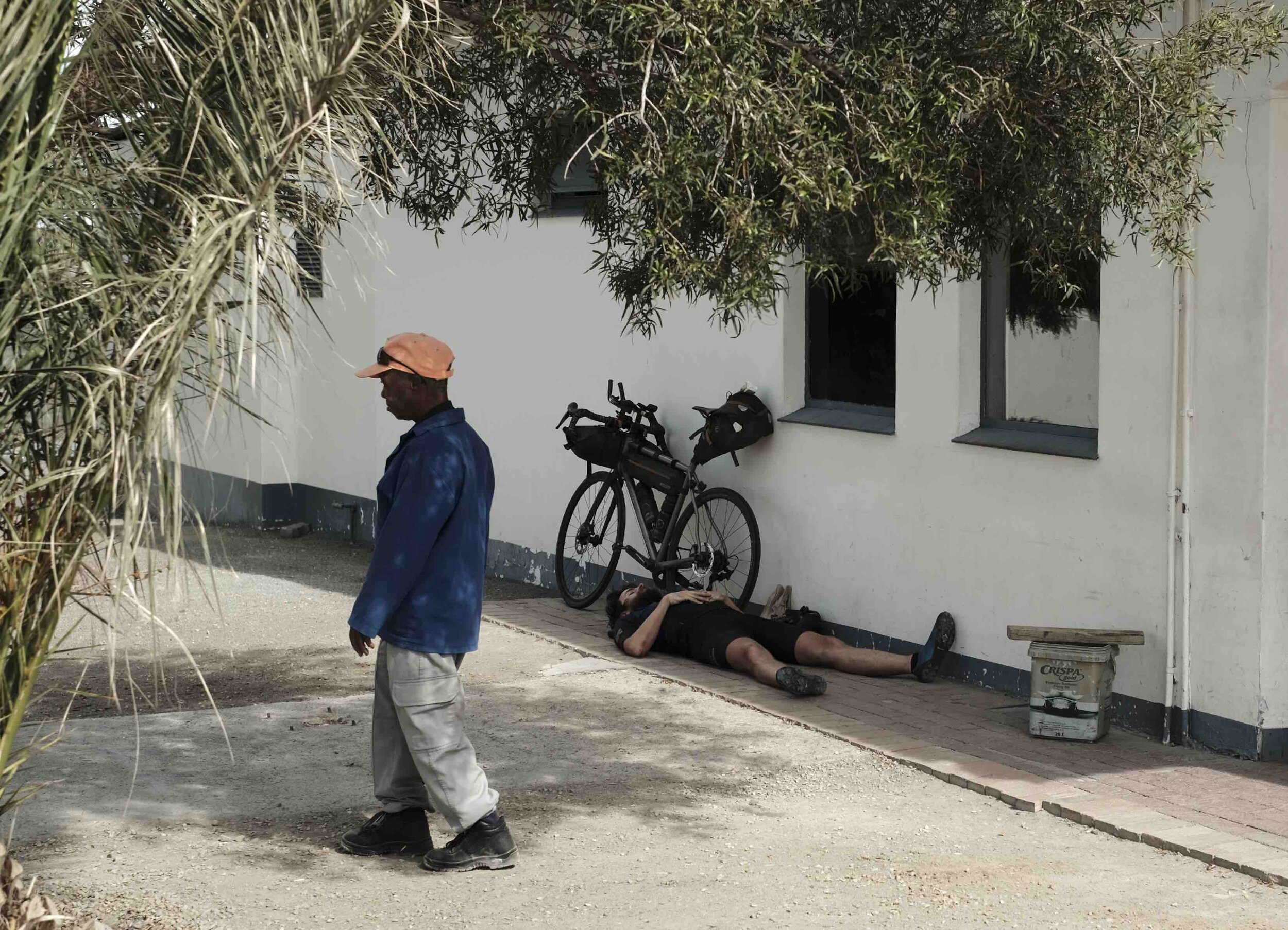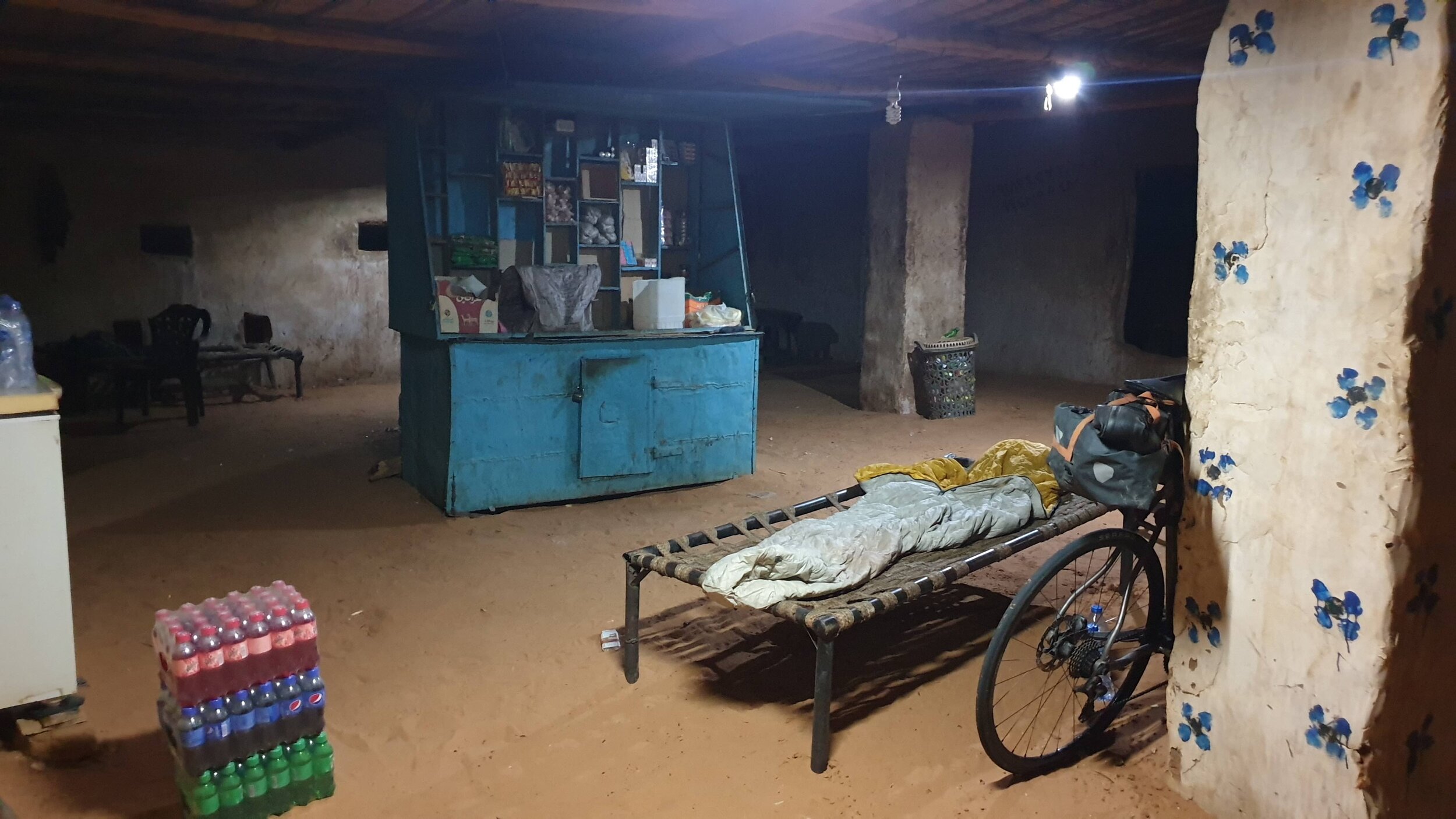The Wilder Interview: Jonas Deichmann
Photos by Philipp Hympendahl, Pasi Sauna-aho, Pål Laukli and Jonas Deichmann
Jonas Deichmann is a German ultra-endurance athlete with three world record continental crossings under his belt. After setting records for the fastest times to cycle across Eurasia and the length of the Americas, he took on another ambitious challenge: to cycle 18,000 km from Cape North in Norway to Cape Town in South Africa.
Setting off in September 2019, he accomplished the feat in just 72 days, averaging an incredible 250 km per day, and beating the previous record by 30 days. The stats are astonishing: he spent 800 hours on the bike, tackled an elevation gain of 79,880 m, and burnt 700,000 calories.
An hour-long documentary of the journey, called Cape to Cape, was released earlier this year. It offers a fascinating insight into the physical and emotional demands of such a monumental challenge. It documents the many high points of the journey — the stunning landscapes and the hospitality of the people who Jonas met along the way, as well as the low points — from food poisoning in the Sahara and riots in Ethiopia, to nights spent in prison cells and tensions with his riding partner. The documentary is available to rent on Vimeo for $6.19, or to buy for $12.19. You can watch the trailer, below, and read our recent interview with Jonas about the Cape to Cape Challenge, and his latest adventure — a 40,000 km global triathlon.
Wilder: What attracted you to the idea of taking on the Cape to Cape Challenge?
Jonas: I already had the records for cycling Eurasia and the Pan-America, so the route from Norway to South Africa was the last big continental crossing, and it felt like the logical next challenge. And, of course, Africa has always been a continent of adventure for me.
How do you usually train for your endurance adventures?
I don't have a specific training plan. I simply live on the bike and don't have a home. So I go everywhere by bike and get in shape.
One of the key lessons that comes across in the documentary is the importance of a positive mindset to achieve challenges of this scale. How did you manage to stay motivated through the food poisoning, the heat, the riots and other low points of the trip?
95% of such challenges is mindset. The key is to break down the big goal into small ones. In my mind I don't cycle 18,000 km, I always cycle to the next gas station or restaurant and reward myself with some chocolate.
When your riding partner, Philipp Hympendahl, dropped out of the trip in Aswan, Egypt, he was astonished that you were riding into the Sahara with just two bottles of water. How much planning went into each day of your journey?
The planning for each day took around five minutes. Before I started, I simply checked where I could possibly sleep and where I could get food and water. But those were very flexible plans which often didn’t work out, so I had to adapt.
You often faced long stretches of straight roads and barren landscapes, particularly in the Sahara. Did you not feel lonely at all during the trip?
I never feel lonely on my bike in the wild. It is a wonderful feeling to be on your own in the Sahara and other remote places. The feeling of loneliness is something I only experience in big cities that are so anonymous.
You didn’t have the luxury of sleeping in hotels every night. What would you say was your most memorable sleeping spot?
A prison cell in Egypt. I got stopped at a police checkpoint and they didn't want to let me continue. After a long negotiation I had to spend the night in a cell.
What equipment did you have with you on your bike?
I had my sleeping bag, mattress and a tent, the most essential spare parts, some electronics and a few clothes. It was less than 10 kg in total.
What were some of your favourite moments of the trip?
Meeting friendly people, especially in Sudan, and the elephants, giraffes and zebras that crossed the road just in front of me in Botswana.
What advice would you give to anyone planning a cross-country or cross-continent bikepacking adventure?
The hardest thing is always getting to the starting line and having the courage to do it. Most adventures fail because they are never done. Don't over plan your trip, just do it.
You’re now in the middle of your latest challenge, an epic 40,000 km global triathlon. How far have you reached, and how has the trip gone so far?
I have completed the entire swimming leg after 460 km in the Adriatic Sea, and I am now getting into Russia in the middle of the cycling leg. The swimming leg was super tough with currents, jellyfish, high waves and a lot of hunger. I am struggling a bit on the bike now with the winter conditions, but it’s a lot of fun and I am exploring somewhere completely new for me. The biggest challenge I face is the coronavirus, and the closed borders.
To follow Jonas’s journey, head to jonasdeichmann.com or @jonas_deichmann on Instagram.










